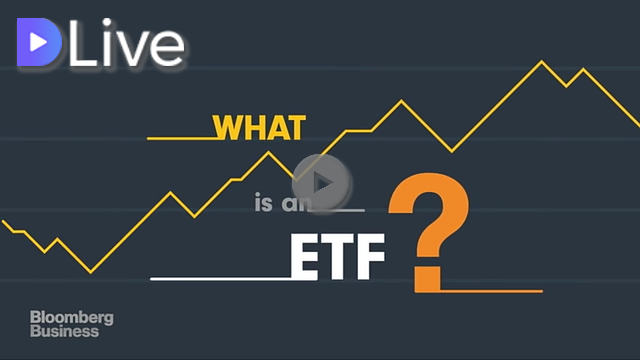WTF IS AN ETF
Hadn’t heard of ETF before? You’re not alone. You only have to Google it to see it’s a topic that has people scratching their heads 😳.
The world of finance seems to speak another language. For every basic investment term there are thousands of jargon-heavy acronyms. It’s hard to find anywhere that explains them in plain english
We want to help translate these terms, so you can feel right at home when talking about your investment portfolio. We thought ETFs, aka “Exchange Traded Funds”, were a good place to start — given these are the first investment options on the Sharesies Beta.
So… What exactly is an ETF?
Let’s start with a bit of background into investing.
There are shares… when you buy shares, you invest in a particular company, like Xero, or Facebook. Shares can be bought or sold between people on an exchange.
An exchange is a market where people can trade shares. An example of this in NZ is the New Zealand Stock exchange (the NZX). On an exchange, someone wanting to sell shares sets how much they want to sell them for, and someone wanting to buy shares sets how much they want to buy them for — when it’s a match, the shares change hands.
Another way to invest is through managed funds. Instead of investing in one company at a time, you join a pool of people and spread your investment across a range of things. This is managed by a fund manager and any buying or selling goes through them.
KiwiSaver is an example of a managed fund. Our money is all pooled together and invested on our behalf, by a fund manager.
This leads us to ETFs. ETFs are like managed funds — they’re a group of different assets, rather than one particular company. But they trade like shares on an exchange.
The trick for an Exchange Traded Fund (ETF) is all in the name! They are funds that are traded on an exchange.
A fruity example 🍌🍋🍉🍒
Sticking with the Sharesies theme… Imagine you go to a market (NZX) and buy some fruit. Buying individual fruit is like buying shares. You pay the price for each piece of fruit.
An ETF is like buying a basket of fruit. You get all the different types. These can be grouped by theme, like a colour or a season.
In short: An ETF is a pool or basket of investments that trades on an exchange.
What are the benefits?
Diversification — You may have heard the advice ‘don’t put all your eggs in one basket’. When you invest in an ETF you own a piece of a range of assets, instead of just one company.
Accessibility — ETFs open the share market up to a wider audience. They allow people with lower amounts of money to access the same investments as private portfolio clients. They also give access to international investments that can otherwise be difficult.
Lower fees — ETFs tend to have lower fees than other types of investments (#FUNDfact: these fees are sometimes called ‘expense ratios’). In New Zealand they have tax benefits for many as well.
Transparency — you get to see the prices every day.
Liquidity — because they’re traded on an exchange you can sell your ETFs when ever there are interested buyers.
Some #FUNDfacts about ETFs
They’ve been around for 27 years. The idea came out of the 1987 stock market crash as a tool to help reduce volatility in the market.
There are 7000 products available globally. $4.2 trillion is currently invested in ETFs, with a forecast of $5billion this year.
They’ve been called ‘“Instruments for social economic change”. As they allowed people to invest in themes. The UN helped start low carbon ETF to support investment into low carbon companies. There is even an ETF that helps promote gender diversity in business (SHE).
What ETFs does Sharesies offer?
NZ Top 50 Fund — made up of the top 50 companies in NZ including companies like Spark NZ, Auckland International Airport and Fisher & Paykel Healthcare.
US500 Fund — the top 500 companies in the United States including companies like Apple, Alphabet, amazon.com and Facebook.
Australian Top 20 Fund — the top 20 companies listed on the Australian stock exchange including ANZ bank, Woolworths and Commonwealth Bank of Australia
NZ Property Fund — on the property ladder but in a different way, invest in property listed on the NZX.
Australian Resources Fund — the top Resources companies in Australia including companies in Energy, Metals and Mining.
NZ Bond — deposits and bonds, some of which are issued or guaranteed by the NZ Government.
If you have any more questions about ETFs that we haven’t covered here, let us know!
My video is at DLive
